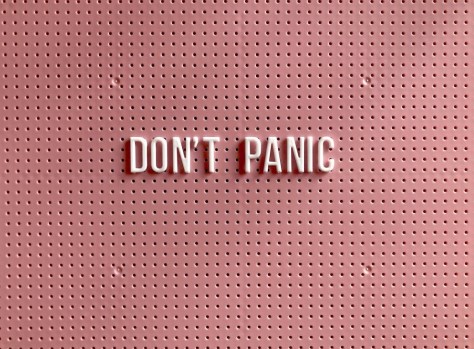Stress is the body’s response to external demands, while anxiety is the unease caused by anticipation of future uncertainties. Both can significantly impact mental health and overall quality of life. Coping skills are strategies that help people deal with stress and anxiety in order to achieve positive mental health and well-being.
This article discusses the coping strategies for mental health issues that can make our emotions stronger and our mental health better.
Mindfulness and Meditation:
Mindfulness and meditation offer relief by encouraging us to focus on the present moment. Practicing mindfulness helps in getting rid of uncomfortable thoughts and dropping ourselves Mindfulness and meditation offer relief by encouraging us to focus on the present moment. Practicing mindfulness helps in getting rid of uncomfortable thoughts and dropping ourselves
Self-Care and Healthy Lifestyle:
Mental well-being can also be achieved by engaging ourselves in self-care activities such as regular exercise, proper sleep, and a balanced diet. A healthy lifestyle can be a vital coping strategy for managing stress and anxiety.
Cognitive Restructuring:
Cognitive restructuring is another copying strategy that involves challenging negative thought patterns and replacing them with more balanced and constructive alternatives. This technique empowers individuals to manage stress and anxiety by converting their perceptions of circumstances and enhancing their problem-solving skills.
Social Support and Communication:
Connecting with friends, family, or support groups offers a platform to share experiences and emotions. Social support provides a sense of belonging and reduces the isolation often associated with stress and anxiety.
Relaxation Techniques:
Practicing relaxation techniques such as deep breathing, progressive muscle relaxation, and guided imagery promotes physical and mental relaxation. These techniques can alleviate tension and anxiety, leading to a renewed sense of calm.
Time Management:
Time management is also a helpful coping strategy for taking care of our mental health. When we manage our time well, we can reduce stress and feel more in control of our lives. It’s like having a plan to do things in a balanced way, which can help us avoid getting overwhelmed and anxious. By organizing our tasks and setting aside time for things that make us happy and relaxed, we can improve our overall well-being. Time management helps us create a sense of order and balance in our lives, which can be good for our mental health.
Seeking Professional Help:
For individuals facing severe stress or chronic anxiety, seeking assistance from mental health professionals is essential. Therapists, counselors, or psychiatrists can offer tailored guidance, therapy, and, if necessary, medication.
Conclusion
For many of us, stress and anxiety are unavoidable in the complicated daily routine, but we may manage these mental health problems by adhering to the right instructions and routines. Coping mechanisms direct our actions and assist us in moving gracefully and resolutely across the emotional landscapes. People can write a narrative of their mental health that is empowering and rewarding by embracing mindfulness practices, self-care, cognitive restructuring, social support, and relaxation strategies.

